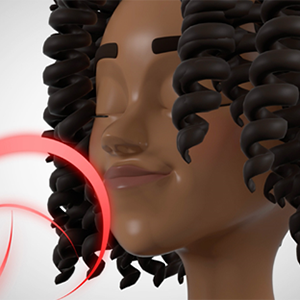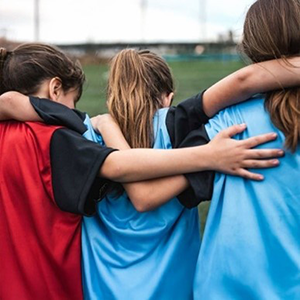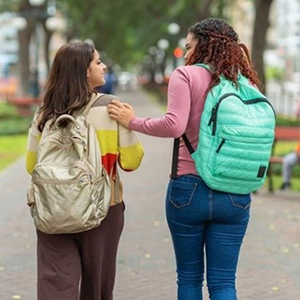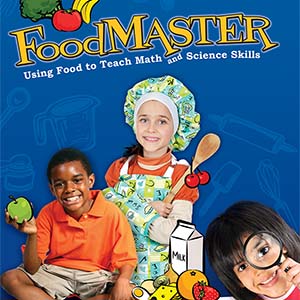
FoodMASTER
FoodMASTER (Food, Math, and Science Teaching Enhancement Resource) is a compilation of hands-on and virtual programs that use food to teach math and science skills. Subjects include biology, chemistry, microbiology, nutrition, and health, as well as math concepts such as numbers and operations, algebra, geometry, and problem-solving.
Grades: Elementary through high school
Produced by: Northern Illinois University (SEPA funded)

Is This Legit? Accessing Valid and Reliable Health Information
Health literacy can play a role in how teens interpret messages about alcohol and other substances, and can shape their expectations about what may happen if they consume drugs and alcohol. This new lesson plan helps high school students apply skills in analyzing, evaluating, and comparing different sources of health information to empower them to reject misinformation and make choices to access content that is evidence-based and supports their overall health and well-being.
Grades: High school
Produced by: National Institute on Drug Abuse
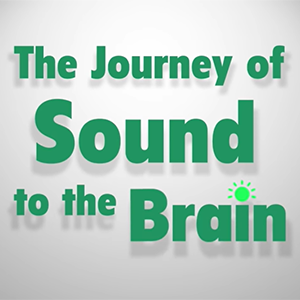
Journey of Sound to the Brain
How does our sense of hearing work? Travel to the tune of a trumpet and explore sound’s journey through the ear and to the brain. The Journey of Sound to the Brain video provides a step-by-step explanation of the complex hearing process, which involves many parts of the ear working together to convert sound waves into information the brain understands and interprets as sounds.
Grades: Middle school
Produced by: National Institute on Deafness and Other Communication Disorders
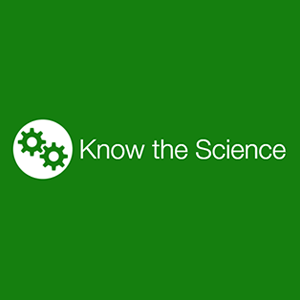
Know the Science
Why is it important to know the science of health? Simply put, there’s a lot of misinformation out there—from anecdotes disguised as evidence and excessive claims from supplement companies to TV doctors touting the latest "miracle cure." Know the Science provides tools to help people better understand complex scientific topics that relate to health research so they can discern what they hear and read and make well-informed decisions about their health. Know the Science features a variety of materials including interactive modules, quizzes, and videos that provide engaging, straightforward content. Available in Spanish.
Grades: High school
Produced by: National Center for Complementary and Integrative Health
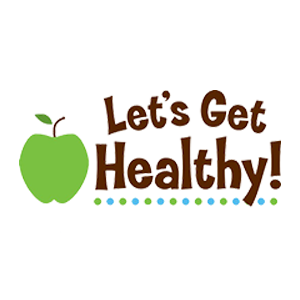
Let's Get Healthy!
Let's Get Healthy! provides teachers and students with online access to community-specific research data generated from an education and research exhibit. These teaching resources explore different aspects of healthy choices, chronic diseases, advocacy, epigenetics, research ethics, and development, among other subjects.
Grades: Elementary through high school with a focus on middle school
Produced by: Oregon Health & Science University (SEPA funded)
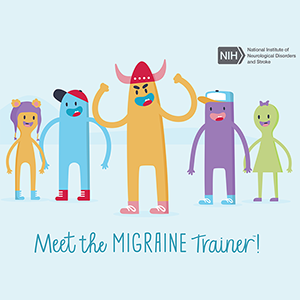
Migraine Trainer App
Migraine Trainer [PDF] is an app designed to help users ages 13+ understand possible causes of their migraines, and take a greater role in their treatment by creating an individual migraine management plan with their parents and medical team.
Grades: Middle and high school
Produced by: National Institute of Neurological Disorders and Stroke
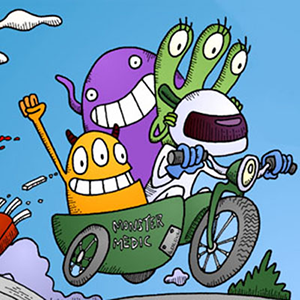
Monster Heart Medic
In this educational adventure from the Lawrence Hall of Science project, students explore the cardiovascular system and how healthy living affects it. They help diagnose a friendly, three-eyed monster and assist him on his path to a healthier life. Available in English and Spanish.
Grades: Elementary and middle school
Produced by: University of California, Berkeley, Lawrence Hall of Science, in partnership with University of California, San Francisco, Benioff Children’s Hospital (SEPA funded)
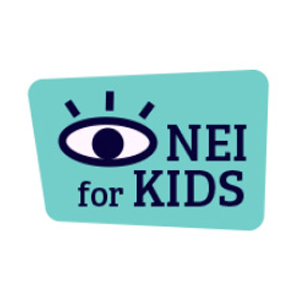
NEI for Kids
This web portal teaches kids about how their eyes work and how to keep them healthy, plus lots of fun eye facts.
Grades: Elementary through high school
Produced by: National Eye Institute (NEI)
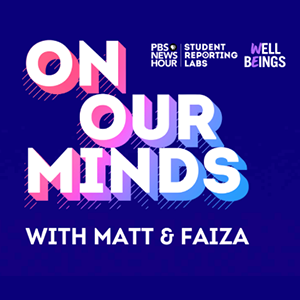
On Our Minds Podcast
This student-led and student-produced podcast discusses the biggest mental health challenges young people face. In each episode, two teen reporters explore stories from high schoolers of PBS NewsHour Student Reporting Labs that highlight the teenage experience.
Grades: High school
Produced by: PBS NewsHour Student Reporting Labs (SEPA funded)

PEAS (Preschool Education in Applied Sciences)
PEAS focuses on providing developmentally appropriate, hands-on, inquiry-based science learning experiences for pre-K students. The teaching guide offers activities featuring healthy foods, with content-specific background information related to the featured life science topics. Teaching and training videos give guidance on taking students through the various activities, as well as discussing certain teaching strategies to engage in the classroom. Teachers can also access more detailed models to further instruct them on effectively designing the activities.
Grades: Preschool
Produced by: East Carolina University (SEPA funded)
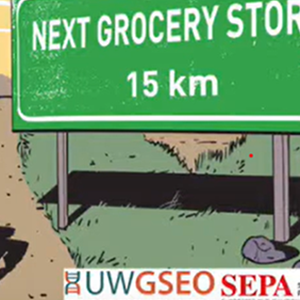
Resources from the University of Washington Genome Sciences Education Outreach
The University of Washington Genome Sciences Education Outreach (UWGSEO) provides various hands-on education resources. Its science curriculum on type 2 diabetes is available for high school students in biology, health, and family and consumer science classes. In the Blood Sugar Balance web game, players keep blood sugar levels within range through their food choices and exercise decisions, while regulating insulin and glucagon levels in the body. UWGSEO has also created curriculum that focuses on how food choices and the environment affect the human gut microbiome, as well as lessons on what students can learn from how the nematode C. elegans maintains balance in a changing environment.
Grades: High school
Produced by: University of Washington Genome Sciences Education Outreach (SEPA funded)
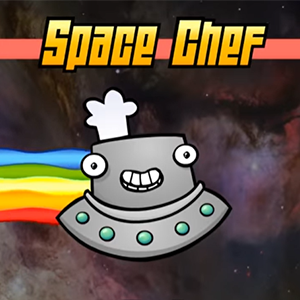
Space Chef
This fast-paced activity from the Lawrence Hall of Science project provides the starting point needed to build healthy meals using simple, readily available, and nutritious ingredients. Students require quick thinking and even quicker fingers as they race against the clock to sort through an array of ingredients and construct healthy recipes.
Grades: Elementary and middle school
Produced by: University of California, Berkeley, Lawrence Hall of Science, in partnership with University of California, San Francisco, Benioff Children’s Hospital (SEPA funded)
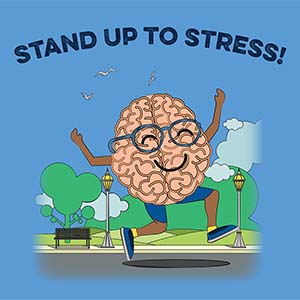
Stress Management Resources
Life can get challenging sometimes, and it’s important for kids to develop strategies for coping with stress or anxiety. Stand Up to Stress! is a coloring and activity book for kids ages 8 to 12 to teach them about stress and anxiety and offers tips for coping in a healthy way. Stress Catcher is a fun “fortune teller” activity that offers some strategies children can practice and use to help manage stress and other difficult emotions. Video tutorials for coping with stress include Getting to Know Your Brain: Dealing with Stress and Guided Visualization: Dealing with Stress.
Grades: Elementary through high school
Produced by: National Institute of Mental Health
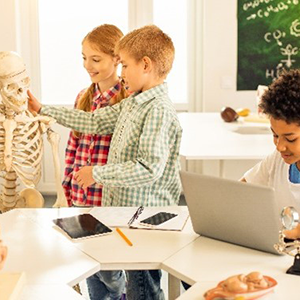
The Human Body: Bones, Joints, Muscles, and Skin
These online resources explore bones, joints, muscles, and skin, including what happens when they get hurt and how to keep them healthy. Intended for students in grades 4 through 6 who are learning about the human body, these educational materials include web content, fun and interactive Kahoot! quizzes, and suggestions for hands-on activities. Teachers may also use this information, which is mapped to national science education standards, to inform lesson plans.
Grades: 4-6
Produced by: National Institute of Arthritis and Musculoskeletal and Skin Diseases
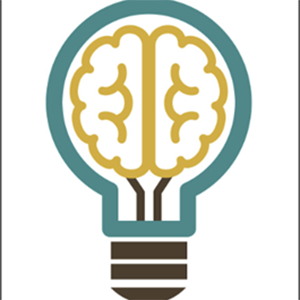
The Partnership in Education: Materials and Resources
The Partnership in Education is a program that creates innovative, hands-on educational products that make science engaging and fun for teachers, students, and learners of all ages. Topics range from the scientific method and evolution to the science of sleep and regenerative medicine. Materials and resources include videos, games, student readings, and curriculum.
Grades: Elementary through high school
Produced by: Duquesne University (SEPA funded)
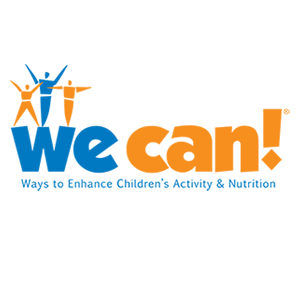
We Can!
We Can! (Ways to Enhance Children's Activity & Nutrition) is a national movement designed to give parents, caregivers, and entire communities a way to help children ages 8 to 13 stay at a healthy weight.
Grades: 3-8
Produced by: National Heart, Lung, and Blood Institute
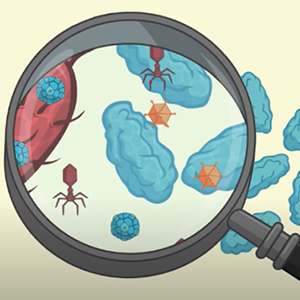
What Is A Pathogen?
This video teaches students about pathogens. Discussion includes the four different types of pathogens and tips for preventing pathogen-borne illnesses.
Grades: Elementary through high school
Produced by: The Partnership in Education, Duquesne University (SEPA funded)
